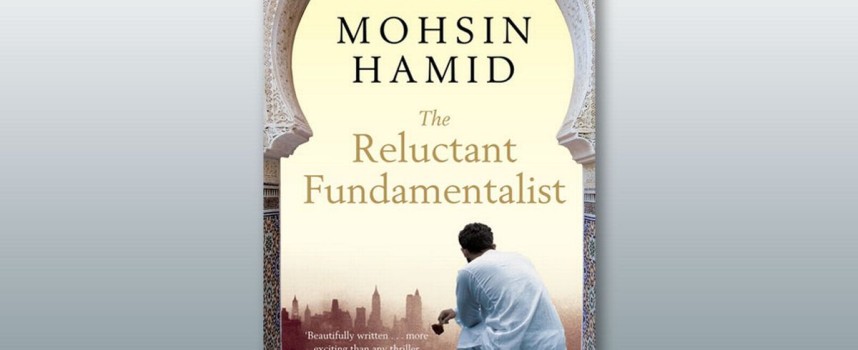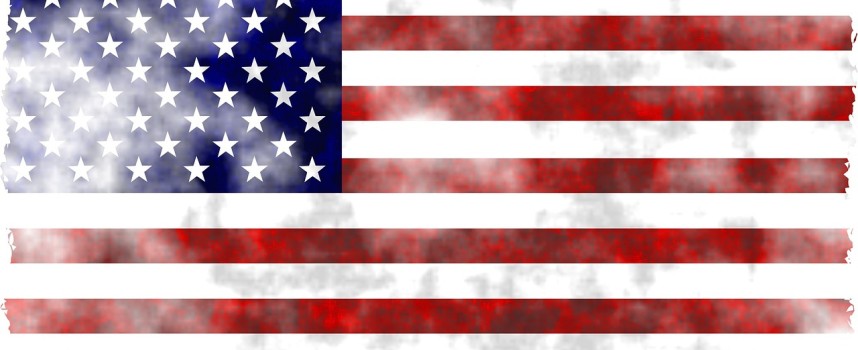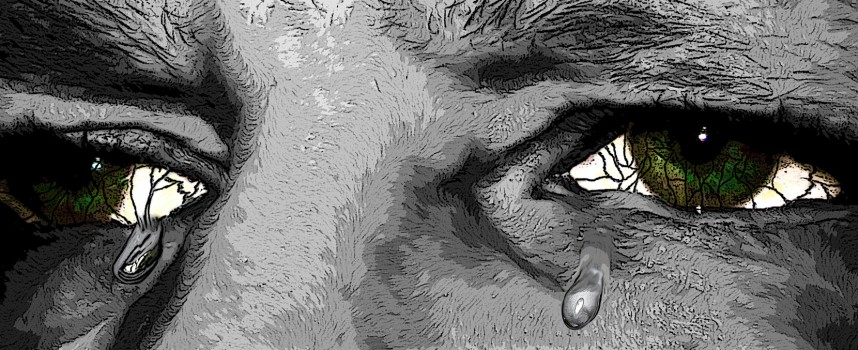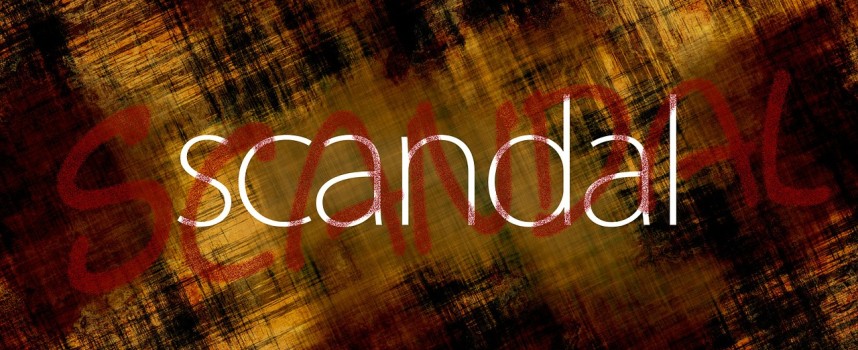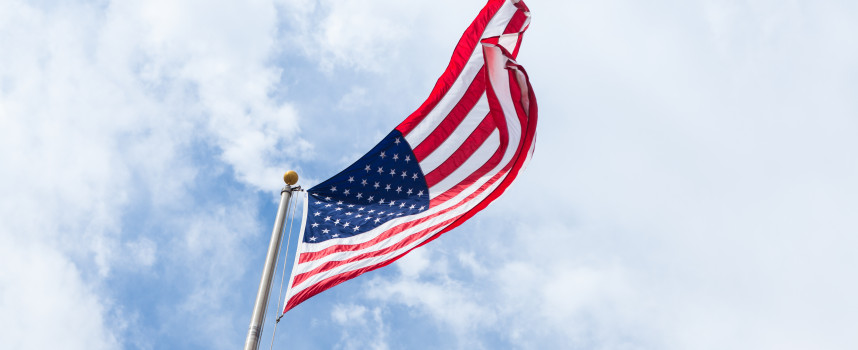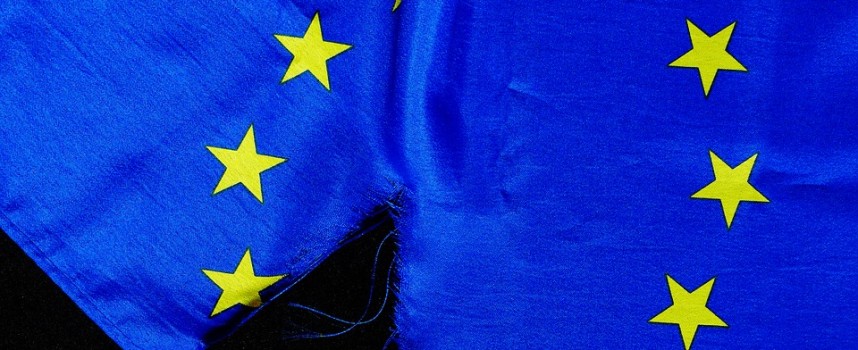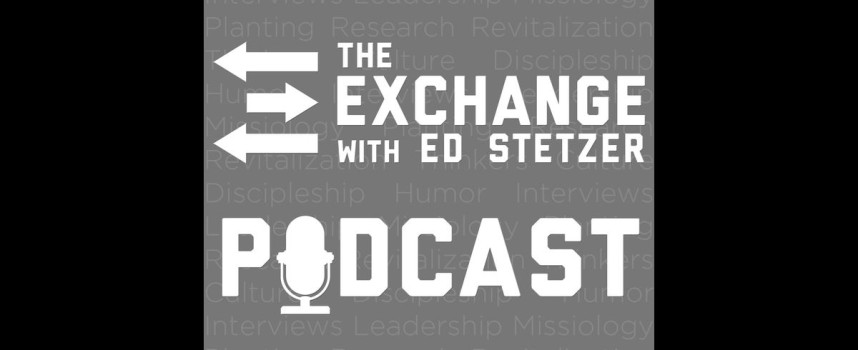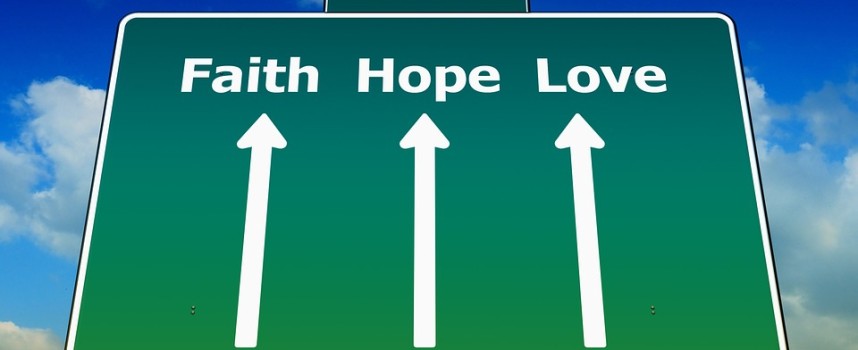Posts From Bruce Ashford
With the rise of Al-Qaeda and ISIS, and with the increase in terror attacks on the United States and its European allies, Americans are still sorting out why it is that people would hate “us” that much. The answer to this question is complex and multi-faceted, and varies from “hater” to “hater.” But the complexity of the motivations should not keep us from trying to gain some understanding—however limited—of the situation.
One attempt to shed light on the situation is a slim little novel, The Reluctant Fundamentalist, published a few years ago by Mohsin Hamid. Because it is written by a Pakistani who was educated in the United States, and because it is a well-written and brief work of fiction, I recommend The Reluctant Fundamentalist as a way of gaining insight into some people’s perception of the United States.
[ Read More ]
This week, my family and I leave for a one-week vacation. In addition to relaxing at the beach with my family (if “relaxing” is what one does with children ages 6, 5, and 3) and keeping up with the Republican National Convention, I intend to do some reading. For starters, I will finish reading two fine books, Os Guinness’ Impossible People and Anthony Bradley’s Black and Tired.
While my mind is on vacation—and therefore on reading—I thought I’d write a brief post about the rewards of reading. In earlier posts on reading, I gave 5 Tips for Determining Which Books to Read (and Which Not to Read) and 4 Tips on How to Get the Most from Your (Non-Fiction) Reading. But in this post, I want to focus on some of the benefits accrued from building a life-long habit of reading. Among the many rewards, here are seven:
[ Read More ]
Last week FBI director James Comey announced the bureau would not recommend criminal charges in Hillary Clinton’s handling of classified information. He charged her with being “extremely careless” but stopped short of seeking an indictment.
No indictment, after the FBI discovered Clinton had used her private server repeatedly to discuss classified national security issues. No indictment, after the FBI proved Clinton had done the very things she so emphatically denied ever having done. After she called the investigation a right-wing conspiracy and a witch hunt. Hillary Clinton is the former Secretary of State. How can she get away with breaking the law, endangering national security, and telling pants-on-fire lies to the American people?
It appears that the American system is rigged. That our country’s laws are only for the “little people,” but not for blue-blood political royalty. So why should everyday Americans bother to be involved in the political process, if it’s so obviously corrupt? Why should we even care anymore? [ Read More ]
It seems like our country is burning down right in front of our faces. If not burning down, it is at least deeply divided and dripping with blood.
In the aftermath of this week’s breaking news about Alton Sterling and Philando Castile—black men being shot to death by white police officers—many black Americans are not only frustrated and angry but also afraid. They are afraid that “justice and equality for all” doesn’t apply to their sons. They are afraid to let their sons go outside at night for fear that a routine traffic stop could spell the end of their life. They are emotionally exhausted. They are black and tired.
At the same time, in the wake of other breaking news about five Dallas police officers killed in the line of duty—white officers shot to death by a black sniper—many law enforcement personnel are not only afraid, but angry. They are frustrated and hurt that some of the very citizens they seek to protect now treat them with suspicion or resentment. Law enforcement officers have to make split-second decisions and they do their best, they say, but it doesn’t always go as planned. If they’ve said it once, they’ve said it a hundred times. They are blue in the face. [ Read More ]
On Tuesday, James B. Comey, director of the Federal Bureau of Investigation, announced that the bureau would not recommend criminal charges in Hillary Clinton’s handling of classified information. He charged her with being “extremely careless” but stopped short of seeking an indictment for gross negligence. During the early months of the FBI’s investigation, she emphatically [ Read More ]
Recently, I wrote a post on 5 Tips for Determining Which Books to Read (and Not to Read). As a follow up to that post, and in answer to a number of questions I received, here are four tips on how to get the most from your (non-fiction) reading:
Make a plan (even if you are not, by nature, a planner).
There may be some folks out there who became seriously informed readers by wandering aimlessly through bookstores in order to buy random books that they would later read whenever they found time. But there wouldn’t be many of those folks; if there are any, you could probably count them on the one hand of a bad woodshop teacher.
So, make a list of books that are important to read in each of your various categories of interest. If you have difficulty finding the right books to read in each category, spend some time researching. Ask an expert to give you a short list of favorites. Visit your library. Cruise the local Barnes & Noble. Surf the net. In addition, answer a few other questions: How many books would you like to read per month? How much time can you devote per day or per week? What time of the day is best for you? I know, I know, you are probably thinking: “Ashford is an even bigger dork than we’d imagined.” But I’d like to serve advance notice: we haven’t even arrived at the nerdiest parts of this post. [ Read More ]
Recent surveys have confirmed what we already know: Americans are not happy. Anger, anxiety, and depression are on the rise in our country. An NBC News survey revealed that half of Americans are more angry than they were last year, and a significant percentage of Americans become angry at least once a day because of something they saw on the news. And the anger is bipartisan: both Republicans and Democrats both feel this way.
Other surveys reveal that Americans are also depressed, as indicated by a rise in suicides and in prescriptions for depression medications, and anxious because of stagnant wages, deteriorating 401(k) retirement plans, lost wars, racial unrest, terror acts, an increasingly polarized society, and the toxic nature of our public discourse.
In the midst of our anger, depression, and anxiety, Jesus offers the Beatitudes. “Beatitude” is the blessedness, the deep happiness, of being in right relationship with him and allowing him to work in and through us, even in the midst of the worst of circumstances.
[ Read More ]
On June 23, the citizens of the U.K. voted, by a margin of 52% to 48%, to leave the European Union. Immediately following the vote, global markets plunged—with the Dow Jones Industrial Average falling by 500 points and the NASDAQ by 600—and international politicians and media scrambling to interpret Brexit and its implications for the U.K. and other nations.
Proponents of “Brexit,” as Britain’s exit has been nicknamed, were elated. Nigel Faragee, head of the U.K. Independence Party, compared Brexit to a new day dawning. Opponents were devastated. Keith Vaz of the Labour Party said, “This is a crushing decision; this is a terrible day for Britain and a terrible day for Europe. In 1,000 years, I would never have believed that the British people would vote for this.”
Although American evangelicals might think Brexit has little or no significance for them, the opposite is true: the U.K.’s decision to exit is something that affects Americans and to which we should pay close attention. Here are three reasons we should care about Brexit:
[ Read More ]
This past week, The Exchange released a video interview with me on the topic, “What is the Christian Hope for American Politics?” In the interview, co-host Micah Fries and I discussed the biblical support for Christian involvement in politics and public life, the criteria by which evangelicals should evaluate presidential candidates, and the way the Christian gospel stands in judgment of all modern political ideologies, including liberalism, conservatism, progressivism, libertarianism, socialism, nationalism, and fascism. For those of you interested in American politics in general, and the 2016 election cycle in specific, the video is available here.
[ Read More ]
In a recent post, I argued that the gospel is not only a treasure to be valued, but also a leaven to be kneaded into the “dough” of society. But how exactly do Christian virtues affect social and cultural realities? In that article, I made two big points: first, a gospel-centered approach to politics enables us as evangelicals to reframe the significant political issues of our day; and second, a gospel-centered approach to politics liberates us from society’s perspective that evangelicals are a special-interest arm of a major political party.
In this brief article, I will show how the Christian virtues of faith, hope, and love counteract society’s maladies. Sick are the depths of our civilization’s soul, but soothing and healing are the spiritual operations of faith, hope, and love.
[ Read More ]

